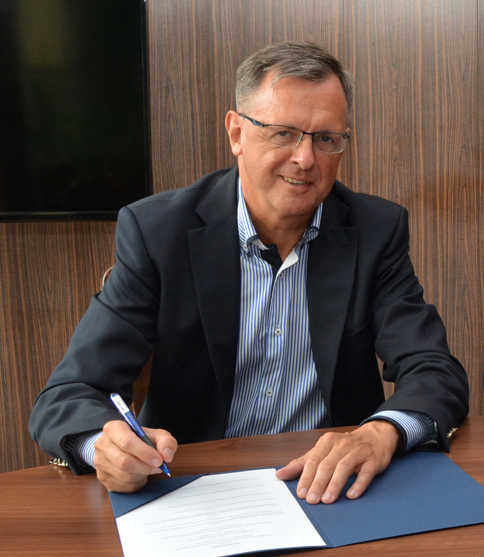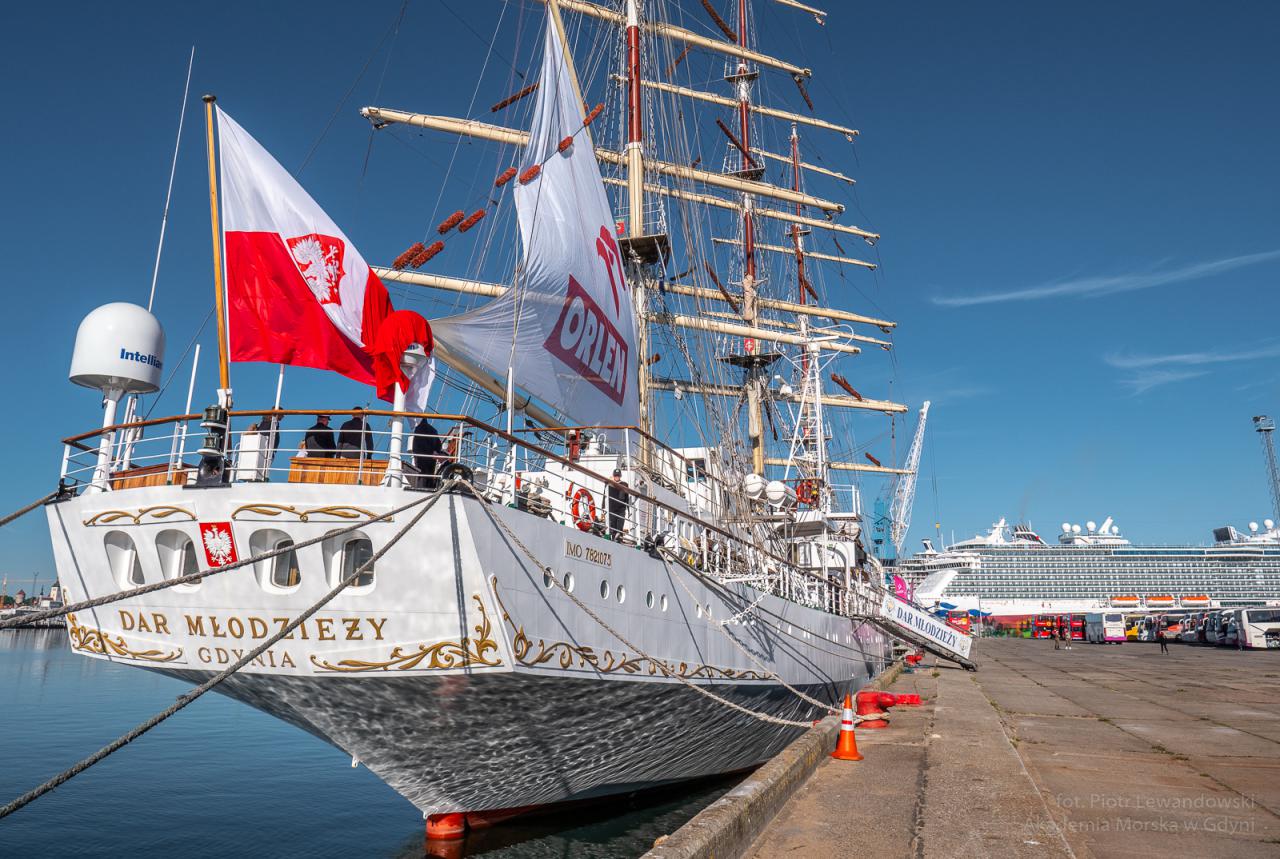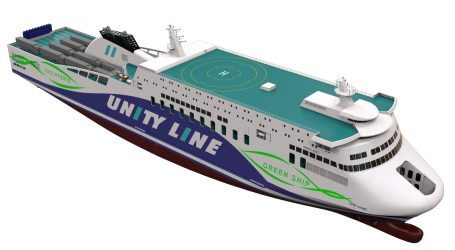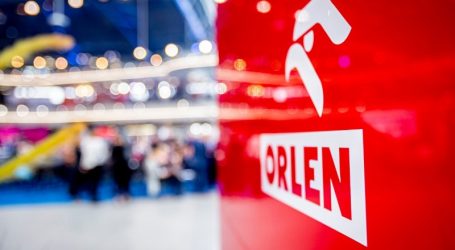Gdynia Maritime Economy Forum 2024 – How to revive the shipbuilding industry in Europe?
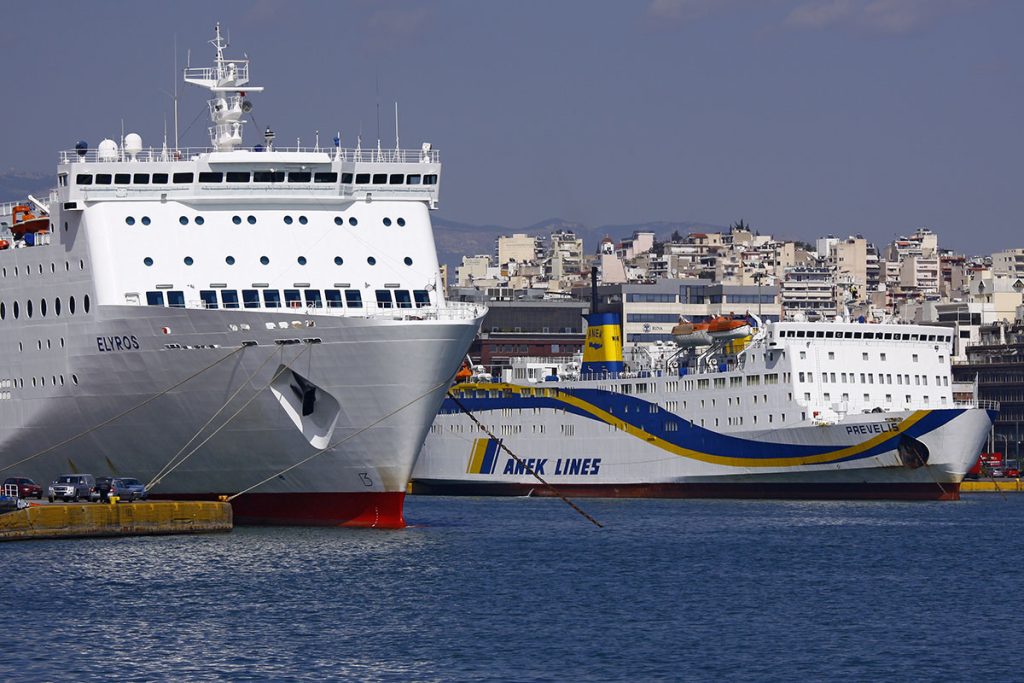
On October 11, 2024, the Pomeranian Science and Technology Park in Gdynia will host the 23rd edition of the MARITIME ECONOMY FORUM – the most important annual meeting of the maritime industry in Poland. This year’s leading theme will be: “The future of the Polish and European maritime economy in the light of the current geopolitical situation.” Speakers of six thematic panels will focus on analyzing the opportunities and threats related to the current global situation and its impact on the maritime industry in Poland.
The partner of the event is the Association of Polish Maritime Industries FORUM OKRĘTOWE, which organizes a discussion panel devoted to the shipbuilding industry. Participation in the conference is free of charge, after prior registration on the website.
The European shipbuilding industry is now a shadow of its former glory. Back in the early 1980s, our continent’s share of shipbuilding production expressed in CGT units was 45% – today it is approx. 6%. We still maintain a very strong position in the production of maritime equipment, the construction of high-tech vessels and production for the navy. However, there has been a complete collapse in the production of ships for the transportation of goods – over 90% of which European shipowners order from the Far East, causing our dependence on that region of the world.
Maritime trade has been at the heart of the global economy for thousands of years. 80% of foreign trade in Europe takes place by sea. Despite advances in technology, it is still the cheapest, most efficient and – very importantly of late – the most environmentally friendly way to transport goods and raw materials. And it remains crucial to our security. To maintain it, however, we need a modern and competitive shipbuilding industry.
Even Adam Smith, the father of modern capitalism, believed that – because of its fundamental importance – the shipbuilding industry was one of the few industries that should not be left solely to the play of market forces. Paradoxically, the Chinese Communist Party understood these teachings very well. Countries in our economic circle, on the other hand, in the blind pursuit of short-term profit, have unfortunately forgotten this.
While the countries of the Far East are developing and consolidating their position in the market for commercial shipbuilders, Europe’s share of the market is steadily declining. China – unlike the European Union – has recognised the shipbuilding industry as strategic to its goal of maritime dominance as a means to world domination. In recent decades, the country has generously supported its shipbuilding industry with subsidies, surrounded it with protectionist barriers and provided access to financing on very favourable terms.
By applying the measures described above, China has built a dominant position in the shipbuilding industry. The production capacity of Chinese shipyards is currently 10 times greater than the combined production capacity of European Union and US shipyards. This is particularly worrying in view of a possible conflict in the Far East over China’s aggressive actions towards Taiwan. Today we face a dramatic choice: either the European Union develops and implements a strategy for the shipbuilding industry, treating it as a particularly important sector for our common security, or it loses the remnants of the shipbuilding market to China with disastrous consequences in the future.
The recovery of the shipbuilding industry in Europe is fundamental to our security. It is therefore imperative that the EU develops a strategy to support the European maritime technology industry if we are to respond effectively to today’s challenges and restore the principles of healthy competition.
On 17 April this year, SEA Europe presented at the European Parliament in Brussels the recommendations for the forthcoming European Union Maritime Industrial Strategy. The authors set the ambitious goal of building/rebuilding 10,000 seagoing and inland vessels in Europe by 2035 . The means to achieve this are to include:
- facilitating the financing of shipbuilding/conversion,
- creating an incentive system for European shipowners to order the building/conversion of ships in European shipyards,
- introducing the “Made in Europe” criterion in public tenders for certain types of vessel (e.g. ferries, patrol vessels, research vessels, platforms) and the elimination of entities offering subsidised products from these tenders,
- developing education and providing qualified personnel for our industry, without which its recovery is not possible.
On May 24, 2024, a breakthrough occurred. On that day, the Council of the European Union – after many years of lobbying by SEA Europe – unanimously called on the European Commission to develop a strategy to support the European maritime industry. The content of the call was jointly agreed by representatives of ship manufacturers and shipowners: SEA Europe and ECSA. The Belgian Presidency played a key role in these arrangements.
In response, on September 17, 2024, the European Commission announced the development of such a strategy during its new term of office.
It is very likely that the process of creating the strategy will extend into the next year, i.e. it will enter the period of the Polish presidency of the Council of the European Union, which falls in the first half of 2025. Poland can therefore play a very important role in the process of implementing solutions supporting the European and Polish shipbuilding industry.
Poland became a member of the European Union under the Accession Treaty in which we transferred a large part of competences to it, including in the field of maritime economy. Other EU countries did the same. Therefore, the key to reviving the shipbuilding industry in Poland and other member states is to create solutions at the EU level.
Ways of reviving the shipbuilding industry in Europe will be discussed during discussion panel dedicated to the shipbuilding during Gdynia Maritime Economy Forum on 11.10.2024, to which representatives of the European Commission, shipyards, ship equipment manufacturers, shipowners and employer organizations have been invited.
The panel will consist of two parts. In the first part, its participants will diagnose the current situation: why Europe has lost and continues to lose its leading position in shipbuilding. In the second part of the panel, which will be a brainstorming session, panelists will consider what specific steps should be taken to make the shipbuilding industry in Europe strong again.
The panel participants are as follows:
Moderator:
- Grzegorz Landowski, Portal Morski.pl
Discussion panel:
- Dario Bazargan, European Commission – DG Internal Market, Industry, Entrepreneurship and SMEs (GROW)
- Christophe Tytgat, SEA Europe and CESA
- Kasia Romantowska, DAMEN Shipyards Group
- Michał Habina, REMONTOWA Shiprepair Yard
- Hrishikesh Chatterjee, MAN Energy Solutions
- Dariusz Jellonnek, Polish Shipping Companies Association
The discussion will be preceded by a lecture of the honorary guest of the conference – Secretary General of SEA Europe, Christophe Tytgat – who will present key-note speech on the situation of EU shipbuilding and measures to support the sector.
It must be said openly – the process of recovery of the shipbuilding industry in Europe will not be easy and we will have to face numerous challenges during it. The situation is not made easier by the extremely bureaucratic and slow way of making decisions in the decision-making bodies of the European Union.
But we must make this effort for our security, as dark clouds gather over our current peaceful coexistence.
Irek Karaskiewicz – director of Association of Polish Maritime Industries FORUM OKRĘTOWE

